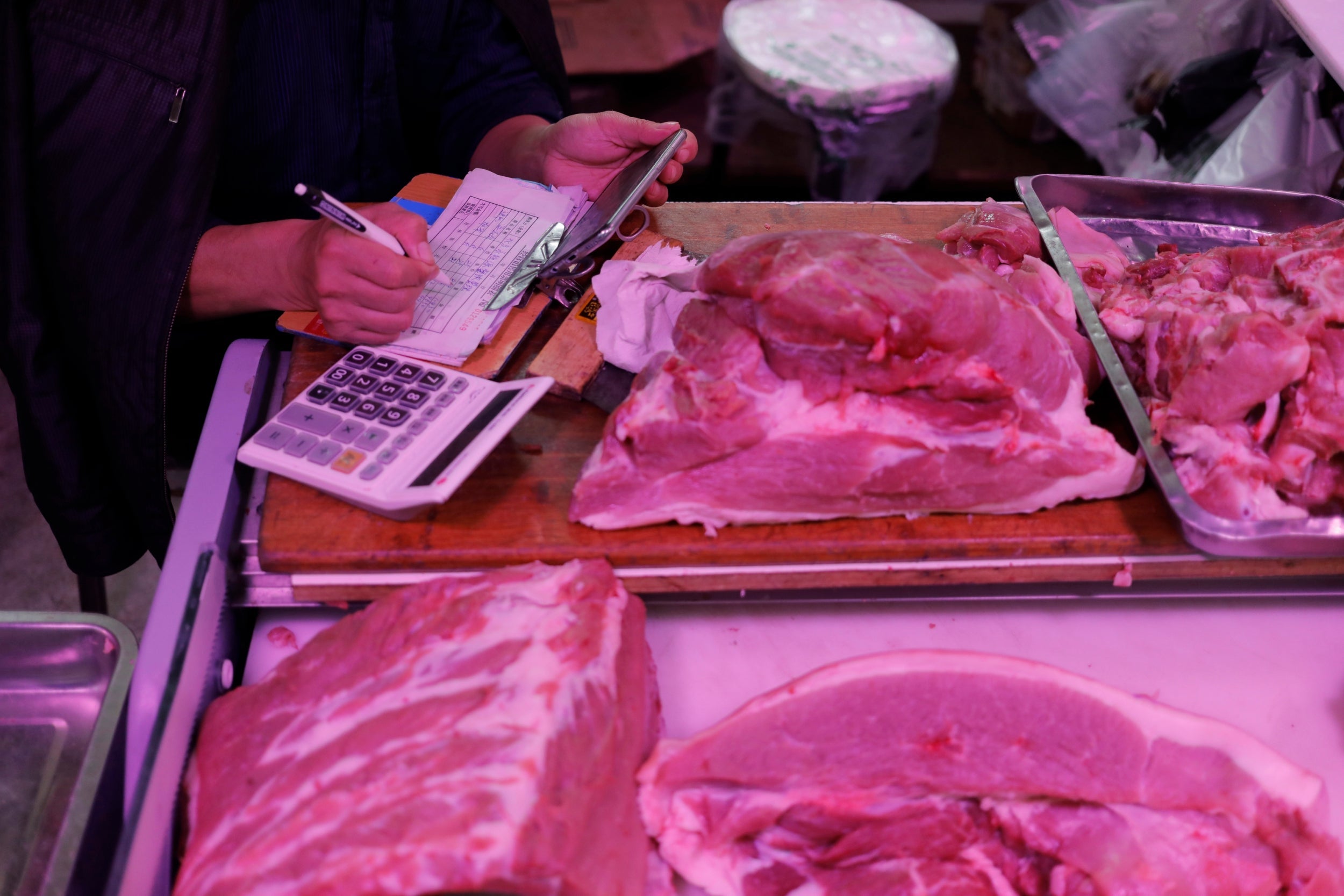‘This downturn is serious’: China’s growth slumps to lowest rate in 26 years, sparking fears for global economy
Analysts warn the nation is feeling the impacts of the US trade war and a domestic spending slowdown

China has reported its slowest economic growth in 26 years, sending Asian stock markets into decline and raising fears of repercussions for the global economy.
The unexpectedly weak growth of 6 per cent for the three months ending in September was the lowest figure since China began reporting economic data by quarter in 1993.
It is down from 6.2 per cent in the previous quarter, and only barely in the target range of 6 to 6.5 per cent annual growth set by the Communist Party government.
While analysts say China routinely inflates its own growth figures, the fact that the government is admitting to such a slowdown shows the country is under serious pressure from a number of factors including a bitter trade war with the US.
Domestic impacts have also played a role, with a slowdown in consumer spending growth due in part to a devastating outbreak of African swine fever. The year-long epidemic slashed China’s pig herds – which make up the largest total of any nation – by 40 per cent, fuelling price inflation.
“There is no doubt that the downturn is serious,” said Vishnu Varathan, head of economics and strategy for the Asia and Oceania Treasury Department at Mizuho Bank.
And in a report by research consultancy Capital Economics, analyst Julian Evans-Pritchard warned that “pressure on economic activity should intensify in the coming months”.
Maintaining strong economic growth is an essential part of the unwritten contract the Communist Party has with its people – foregoing personal freedoms in exchange for the promise of a prosperous nation.
And the warning signs for Friday’s weak data were there earlier this week, when the Chinese premier Li Keqiang took the unusual step of ordering local officials to do “everything” to make sure they hit growth targets for this year.
It now seems likely that the government will take on more debt and boost spending, something it has until now avoided doing as agencies are already cutting Beijing’s credit rating.
“More aggressive stimulus can be expected,” said Bill Adams of PNC Financial Services Group in a report.
A Chinese economic slowdown has knock-on effects the world over. Other Asian countries are seeing reduced demand for their industrial components, while countries such as Brazil and Australia are being hurt by falling prices of soybeans, iron ore and other commodities.
But with no short term fix to the impacts of the swine fever outbreak – experts say herd numbers won’t recover at least until the second half of 2020 – the most immediate threat comes from the damaging conflict between Beijing and Washington.
China’s exports to the US, its biggest foreign market, fell a staggering 21.9 per cent in September compared to a year ago. Imports of American goods sank 15.7 per cent.
The International Monetary Fund cited the US-Chinese tariff war in this week’s decision to cut its 2019 global economic growth forecast to 3 per cent from 3.2 per cent.
Last week, Donald Trump talked up a preliminary agreement between trade negotiators as a “love fest” compared to months of deteriorating relations, and appeared to confirm that he will meet Xi Jinping on the sidelines of a summit in Chile next month.
As part of that “phase one deal”, in Mr Trump’s words, the US agreed to suspend another planned increase in tariffs on Chinese goods while the details of a more substantial trade war truce are ironed out.
But it is an indication of just how far there is to go between the two sides that it will take at least another three weeks to come up with an actual text that’s agreeable to both sides. Chinese media reports of the conclusion of last week’s talks were more cautious, stopping short of using the word “deal”.
Join our commenting forum
Join thought-provoking conversations, follow other Independent readers and see their replies
Comments
Bookmark popover
Removed from bookmarks